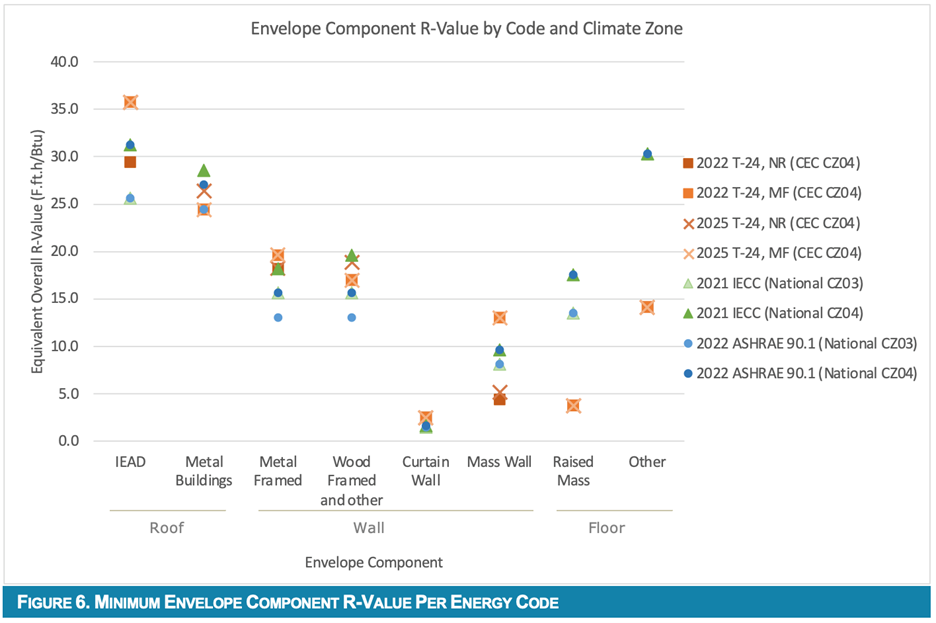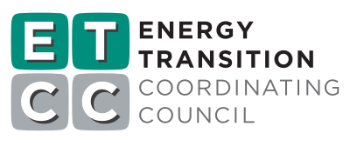 Project Title
Project Title
Technology and Market Assessment: Peak Thermal Load Reduction and Management Strategies
Project Number CR23PGE0201-1 Organization PG&E End-use HVAC, Lighting, Water Heating/DHW/HPWH, Whole Building Sector Commercial Project Year(s) 2023 - 2025This research project was designed to introduce strategies that reduce and manage building peak electric demand to those involved with the development and implementation of California’s Title 24, Part 6, Building Energy Efficiency Standards. A key challenge and barrier in the transition to a fully decarbonized non-residential building stock in California is managing coincident peak electric demand during daily (morning and afternoon-evening peaks) and seasonal (summer cooling and winter heating) periods. One pathway to address this is at the building side, focusing on building thermal loads, or HVAC energy consumption, specifically reducing or shifting thermal loads to align with building or grid renewable generation.
The research team conducted a phased approach for this project. This report documents Phase 1, a literature review and interview survey to identify key peak thermal load reduction and peak load management strategies. The research team identified seven leading strategies and summarized their regulatory, modeling, and market landscape, along with their benefits, barriers, and data gaps for each strategy. The report concludes by specifying building code and standard enhancements that would support a decarbonized and resilient built environment in California.
Phase 2 builds on Phase 1 findings by using building energy modeling to quantify the energy and cost savings of two selected strategies: Primary TES, or sensible CHW and HHW tank storage for load shifting, and Envelope Backstop, a thermal load reduction measure with strong potential for inclusion in future Title 24 cycles. Phase 2 findings can be found in a report titled Energy Modeling Analysis: Peak Thermal Load Management Strategies
